This report uses VCP data from 2015 – May 2021 to assess local barriers and drivers to adult vaccine uptake in Low – Middle Income Countries, with a view to supporting the development of targeted interventions and programs.
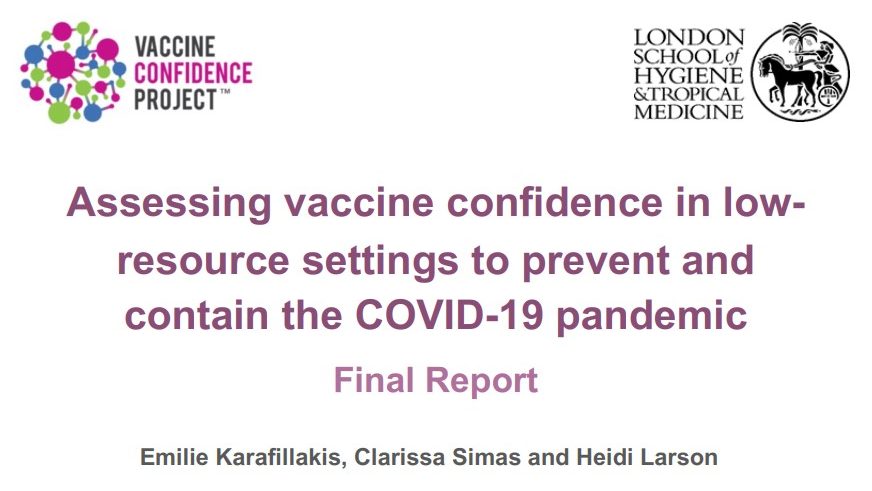

This report uses VCP data from 2015 – May 2021 to assess local barriers and drivers to adult vaccine uptake in Low – Middle Income Countries, with a view to supporting the development of targeted interventions and programs.

Professor Heidi J. Larson joins Pandemic Planet to discuss how national security threats associated with low confidence in vaccines have changed in the wake of the Covid-19 pandemic.

Working through the spring of 2021, the CSIS-LSHTM High-Level Panel on Vaccine Confidence and Misinformation analysed the diverse forms of vaccine hesitancy in the United States and their links to international phenomena.
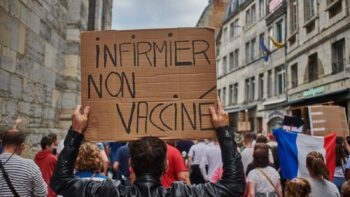
We conducted a large-scale national survey in the UK of 17,611 adults between 9 and 27 April 2021. Bayesian multilevel regression and poststratification is used to provide unbiased national-level estimates of the impact of the introduction of vaccine passports on inclination to accept COVID-19 vaccines.
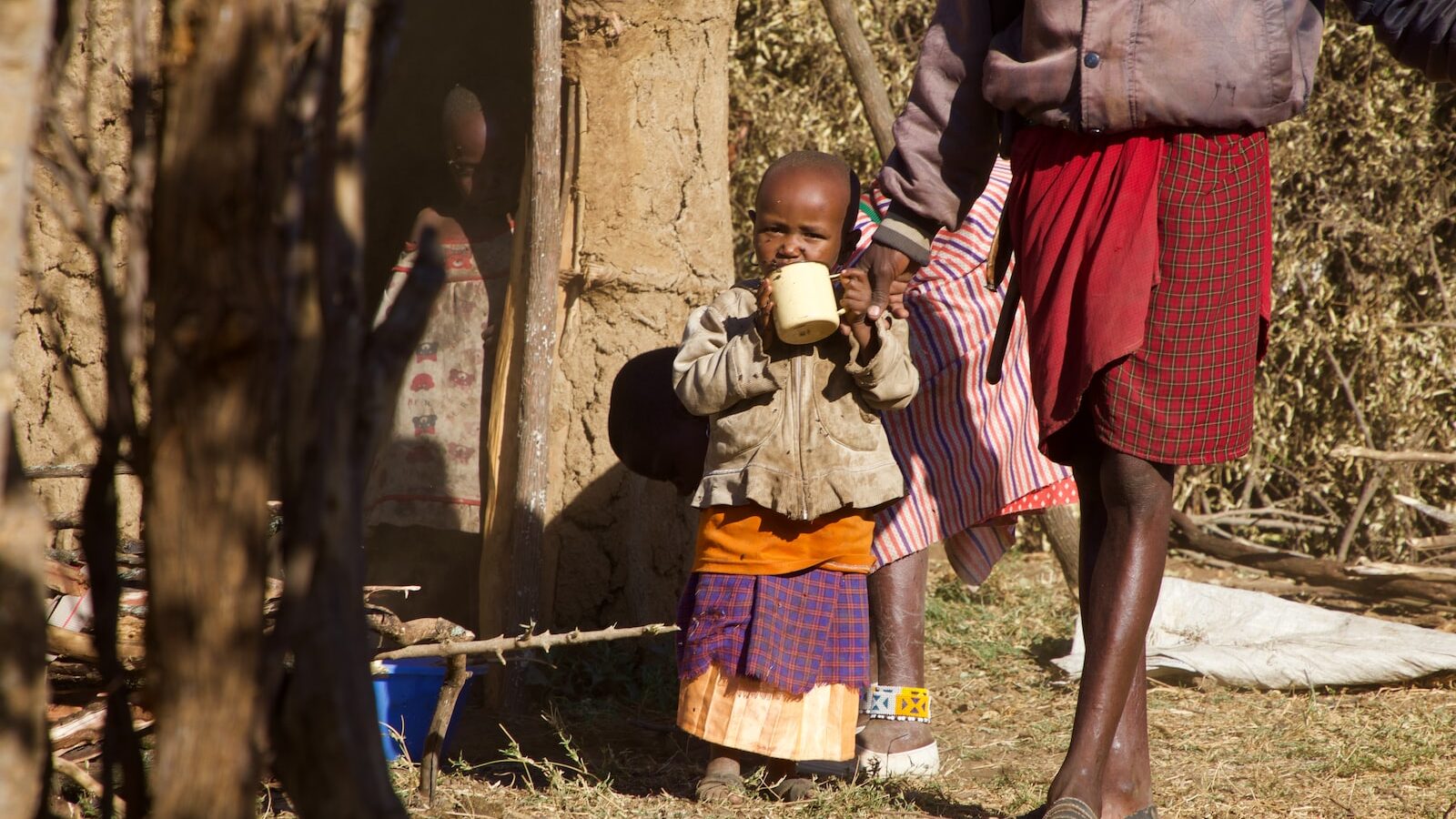
Dr. Raphael Kyalakishaija Nshunju describes the successful organisation of advocacy, communication, and social mobilisation for HPV vaccine introduction in…
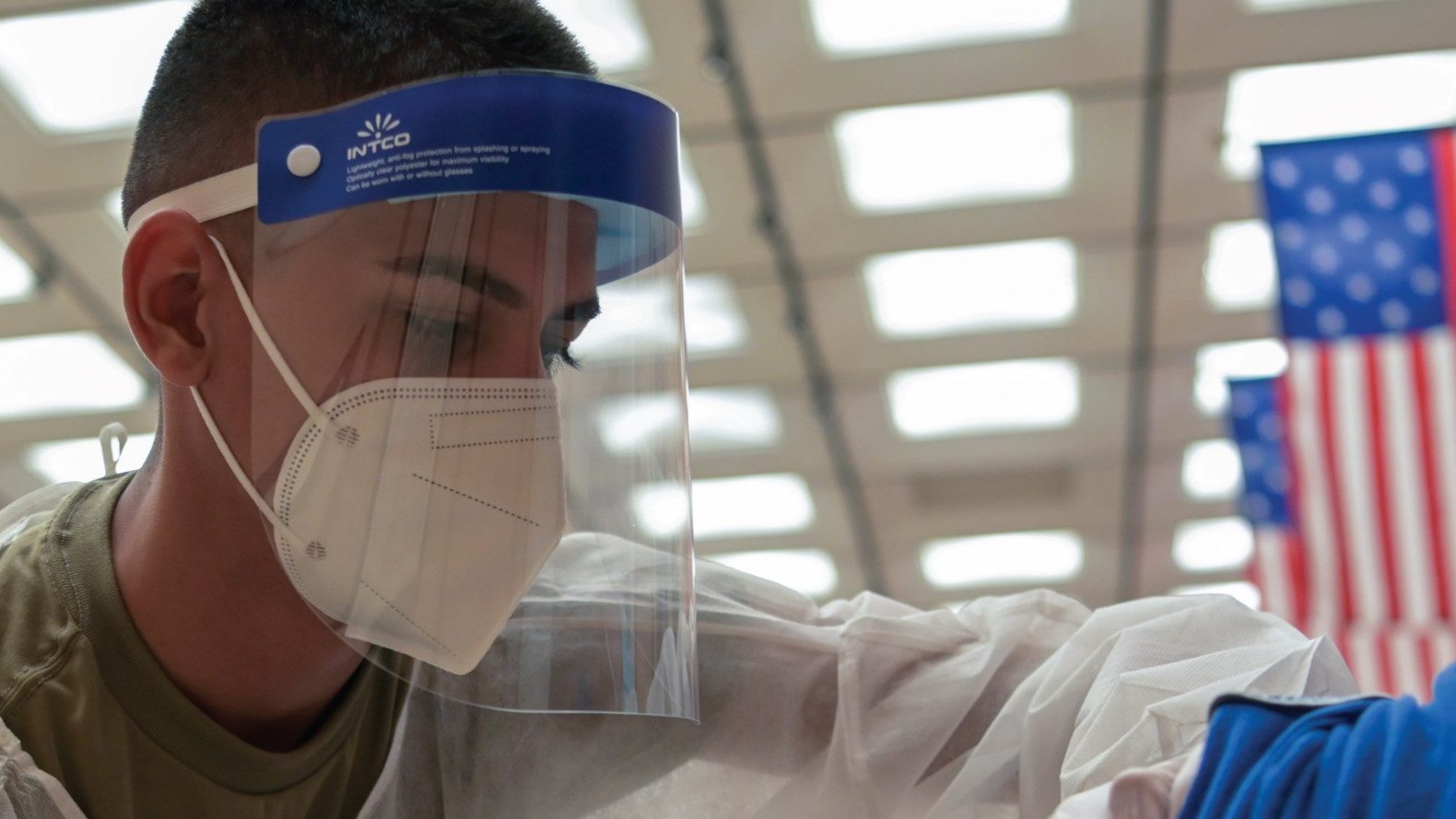
This briefing provides a summary of the report…
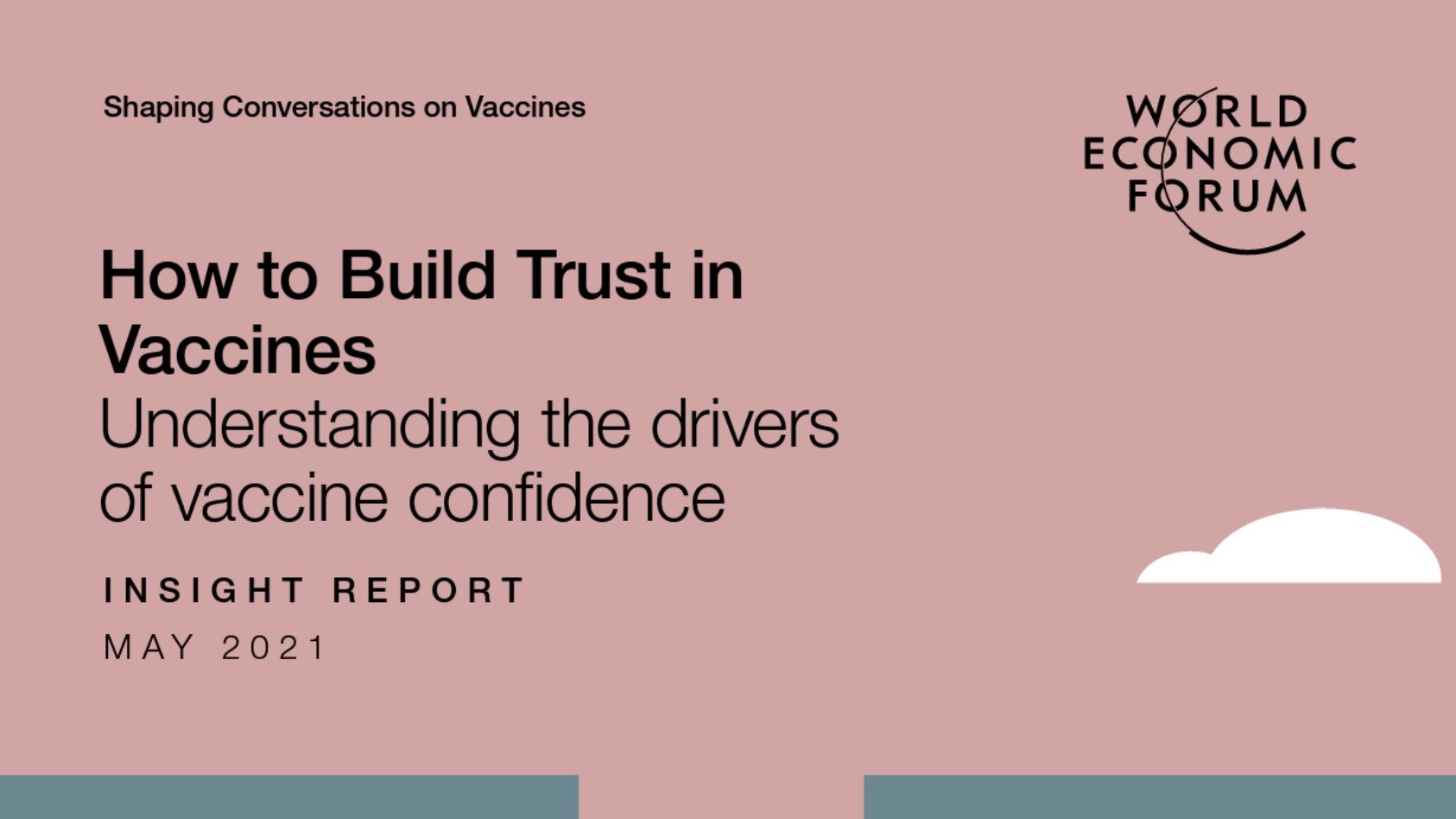
This paper explores online communication about vaccines in 2021, offering insights into how positive, and negative, messages spread.
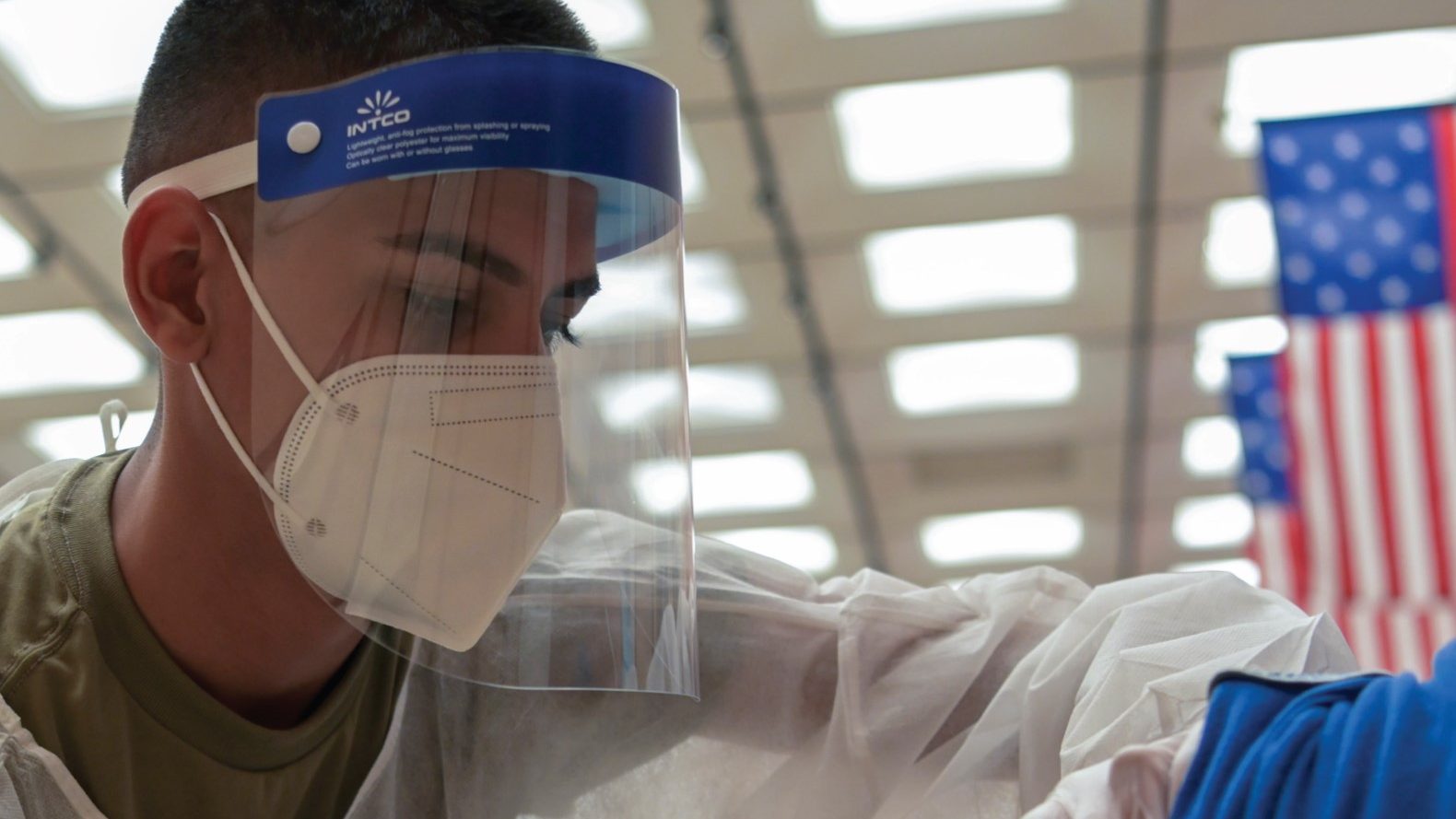
This report argues that vaccine confidence is essential to ensuring national security, and recommends bolstering confidence-building efforts in five critical areas.

In this article, experts in vaccine hesitancy provide three key lessons in risk communication that are needed to successfully maintain public support…

Falling U.S. confidence in a COVID-19 vaccine threatens efforts to escape the worst effects of the pandemic.

Combating misinformation about COVID-19 and strengthening the U.S.

CSIS and the London School of Hygiene and Tropical Medicine’s Vaccine Confidence Project™ have launched a…